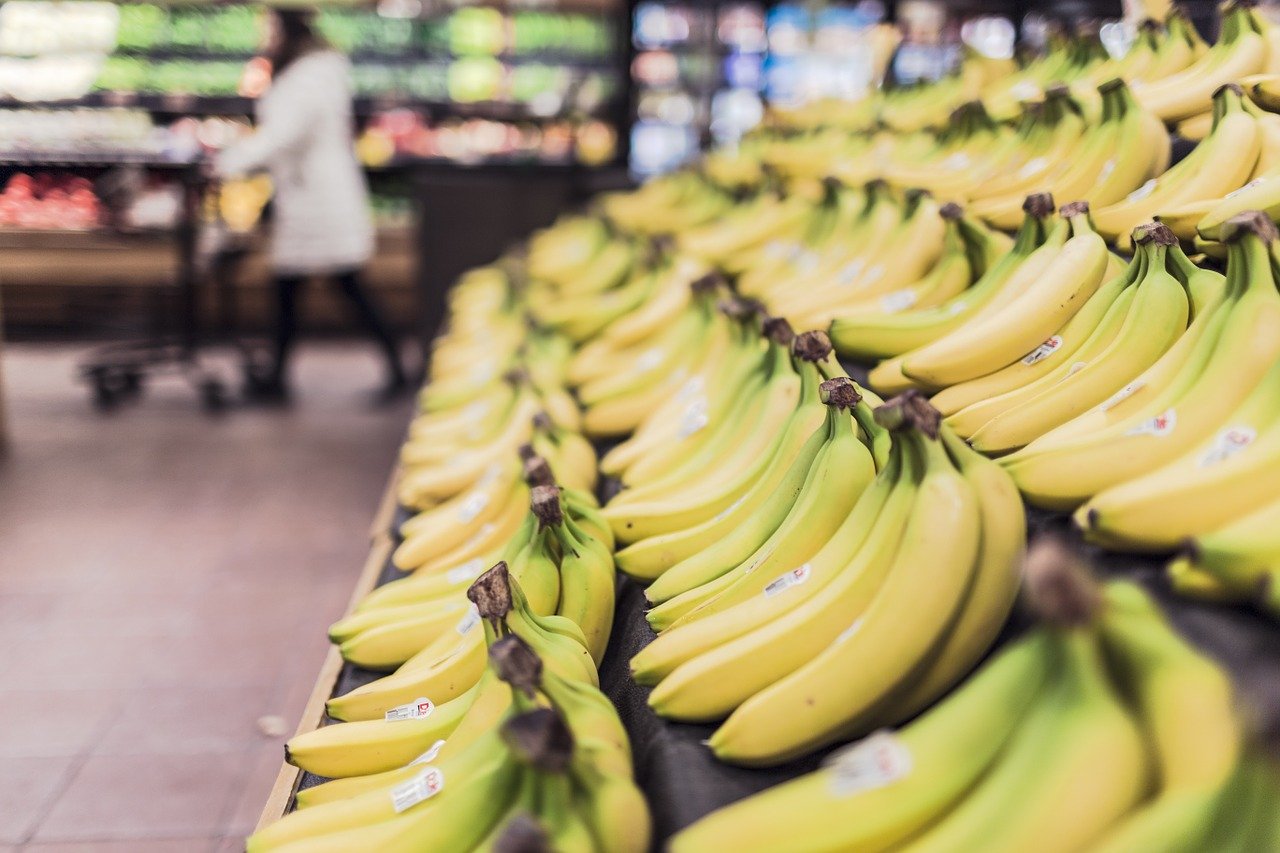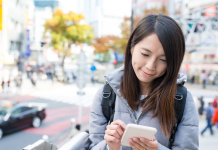
Australia supermarkets have set aside an exclusive shopping time for elderly customers to address the ongoing panic buying.
Woolworths, an Australian chain of supermarkets and grocery stores, calls this program 'elderly hour.” The company announced that its supermarkets will allow the elderly or customers over 60-years-old and those with a disability to exclusively shop from 7 AM to 8 AM.
This exclusive shopping time, which lasts one hour a day, is part of an effort to reduce the amount of panic-buying. This will benefit the most vulnerable in the community.
"Woolworths Supermarkets will be opening exclusively for the elderly and those with a disability to shop from 7am to 8am," the company said in a statement.
The supermarket’s policy is expected to be implemented on Tuesday and continue for the rest of the week, when the policy will be assessed and potentially extended.
It has been reported that intense coronavirus panic buying took place in Australia and several other countries. This led to empty shelves of basic goods, amidst pleas by authorities to stop.
This phenomenon would hit the most vulnerable the hardest, according to experts. The vulnerable sector includes the elderly and those with disabilities who cannot go to shops every day or are afraid to go inside crowded stores.
Several studies on COVID-19 in China revealed that those over 60 or with pre-existing medical conditions have the highest mortality rates.
Meanwhile, a branch in Northern Ireland of the supermarket chain Iceland plans to implement the same program.
“When people face uncertainties about the future, they would look for information and clues with reference to others,” said Dr. Tan Ern Ser, Associate Professor of Sociology at the National University of Singapore.
“People have established certain norms and practices in their everyday life with regards to how much they need to maintain their preferred lifestyle,” Tan explained. “And two basic categories of items they need in their everyday life relate to consumption (food) and personal hygiene (toilet paper and tissue paper).”






